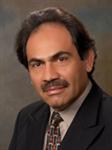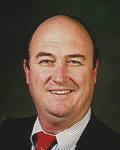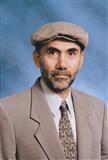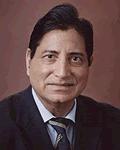The development of differentiated study of people with various disabilities possible to identify them in a separate category, the features of mental development of which not allow them without a specially crafted conditions fully to master the curriculum. This category includes children and adults with neuromuscular disabilities.
- Children with cerebroasthenic states, with psychophysical and mental infantilism;
- People who, after long physical illness have functional impairment of the central nervous system;
- People with cognitive developmental disabilities (autism, intellectual disability and learning);
- Metabolic and genetic condition (trisomy, mitochondrial disease);
- Children with developmental delays cerebro-organic origin (epilepsy, cerebral palsy);
- Nerve and muscle disorder (muscular dystrophy, neuropathy).
When mental retardation observed violations of the emotionally-need and intellectual spheres. In the first case prevails emotional underdevelopment, in others - of cognitive activity. Violations of emotional and volitional and behavior manifested in emotional instability, impulsivity, affective excitability, motor disinhibition, apathy.
The lack of severity of cognitive interests combined with the immaturity of higher mental functions, with impaired attention, memory, with functional impairment of visual and auditory perception, with poor coordination of movements. In the speech marked a violation in pronunciation, lexicon, agrammatism.
The basic principles underlying the teaching of this category of people: individualization, correctional directivity, educative effect of training.
Tasks of Neurodevelopmental Disabilities - To educate and treat such children and adults, applying the different disciplines - social, behavioral, neurological and psychological, and collaborate with other professionals such as therapists, rehabilitation specialists, teachers and psychologists.
hide
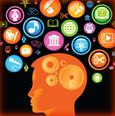 Neurodevelopment Disabilities provides specialized training for those interested in the evaluation and management of children with a wide variety of neurodevelopmental disorders.
Neurodevelopment Disabilities provides specialized training for those interested in the evaluation and management of children with a wide variety of neurodevelopmental disorders. 